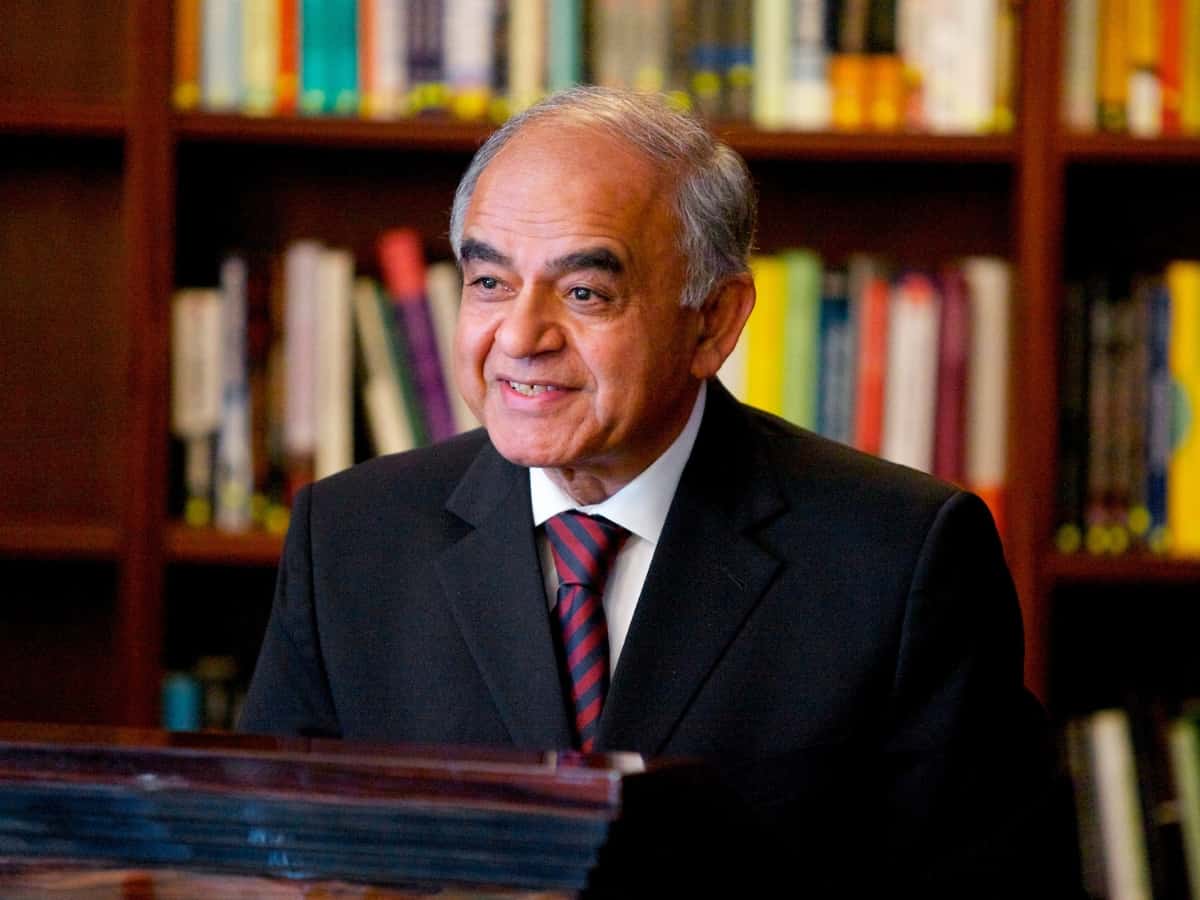
New Delhi: It was former prime minister PV Narasimha Rao and the then finance minister Manmohan Singh who brought the economic reforms in 1991, not the Congress party, argued author and commentator Gurcharan Das.
Speaking at the launch of his book, “The Dilemma of an Indian Liberal”, on Wednesday, Das said the mistake that India made in 1991, and the one that it continues to make, is its reformers doing the reforms “chupke chupke” and not selling it to the public.
“We were doing reforms chupke chupke. The reason was (Narasimha) Rao, (Manmohan) Singh and people around them had not even convinced their own party (Congress). So it was not the Congress party that did the reforms… In fact, the party got so upset with Rao that they actually voted him out,” said Das in his conversation with journalist Shoma Chaudhury.
To buttress his point, Das also gave the example of the former British prime minister Margaret Thatcher and how she used to “spend 20 per cent of her time reforming and 80 per cent selling the reforms”.
The historic economic reforms of 1991 shifted India’s position from a closed and controlled economy to an open and liberalised one. It was brought under the leadership of former PM Narasimha Rao and his finance minister Manmohan Singh in the Congress-led government.
Das further underscored the “sin” of not selling the reforms to the public, and how it continues even today, with no future reformers, including the likes of PM Narendra Modi, doing the needful.
This, the 80-year-old author alleged, is what leads to people in general thinking of reforms as something that makes the “rich richer, and poor poorer”.
“None of the future reformers, be it Vajpayee, Manmohan Singh in the UPA years, not even Modi, has actually taken the trouble to sell the reforms which means…people still believe there is no difference between being pro-market and pro-business.
“That is why the Congress party, even today, at the drop of a hat makes a false trade-off between growth and equity,” he explained.
The former CEO of Procter & Gamble India also talked about India’s democracy, which, he alleged, has “begun to weaken” in contrast to its “robust economy”.
He described the whole thing as an “irony” leading to a dilemma.
“When I was growing up we were admired as a country for our wonderful democracy, we were one of the true liberal democracies and we were envied for that. But we were pitied for our economy.
“And today we have a robust economy, which is admired and envied, but our democracy has begun to weaken, we are becoming an illiberal democracy. That is the irony and that is what leads to the dilemma,” he concluded.
“The Dilemma of an Indian Liberal”, published by Speaking Tiger Books, is currently available for purchase across online and offline stores.
Das’s previously authored books include “India Unbound: From Independence to the Global Information Age”, “The Difficulty of Being Good: On the Subtle Art of Dharma” and his memoir “Another sort of Freedom”.



